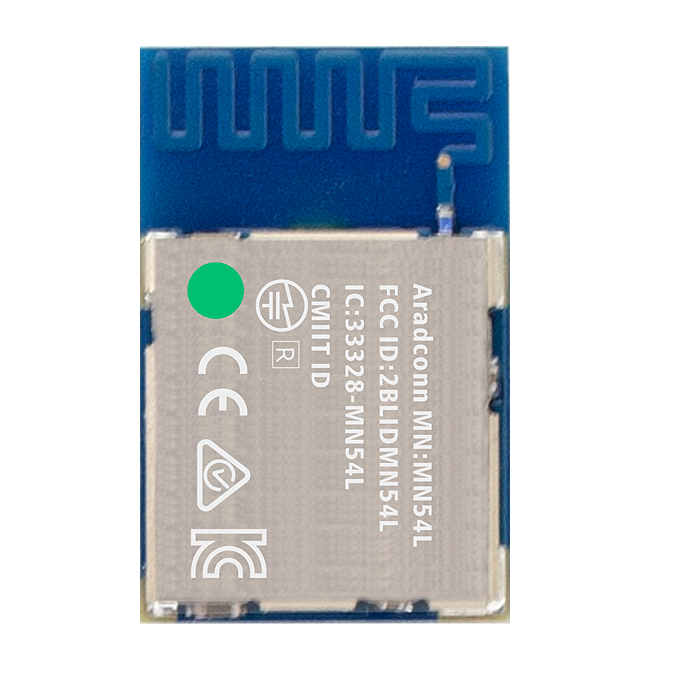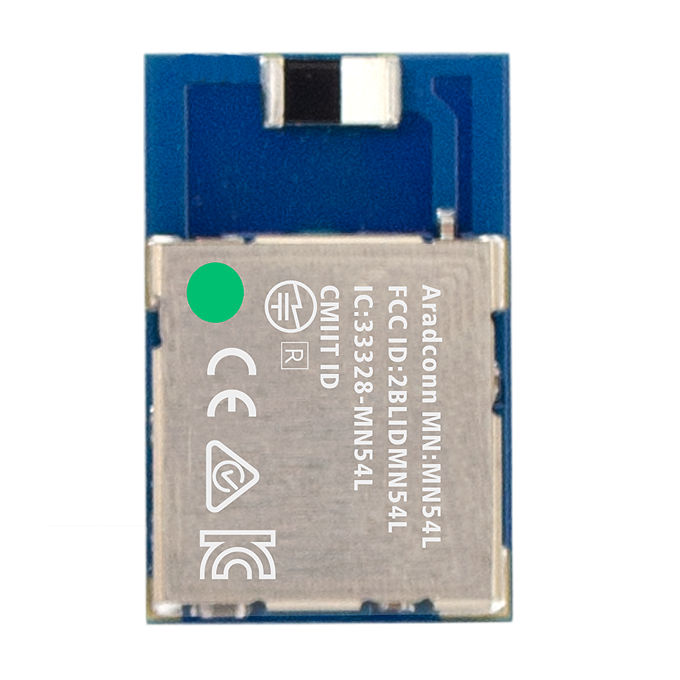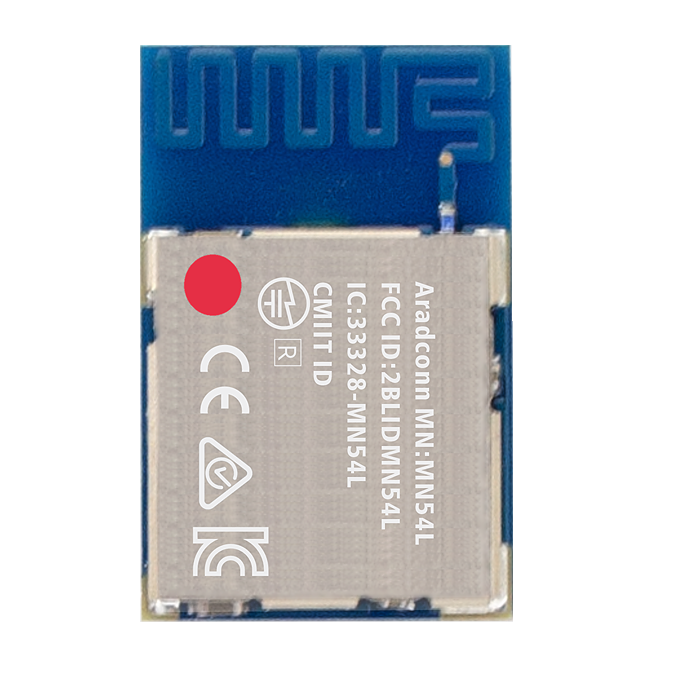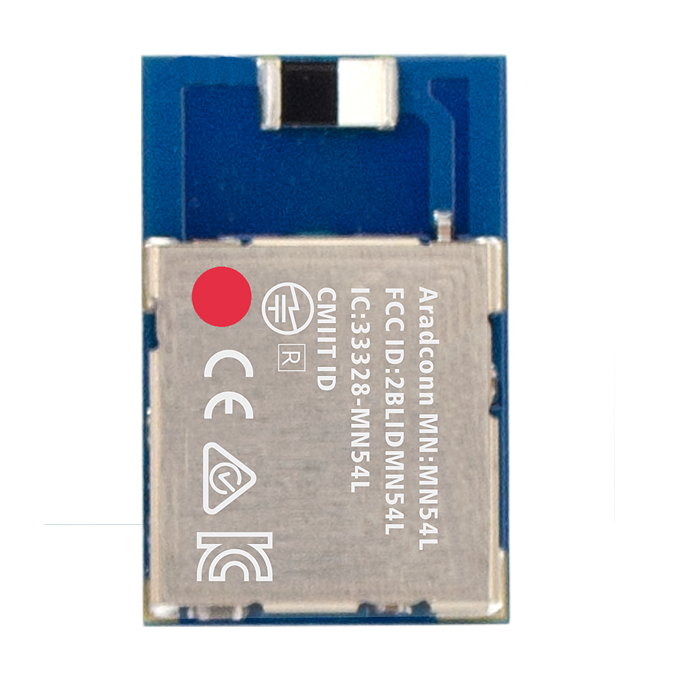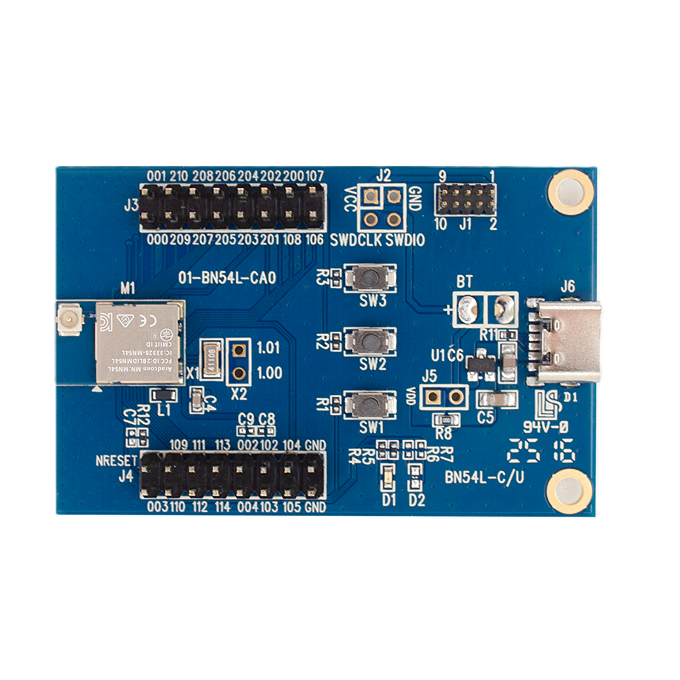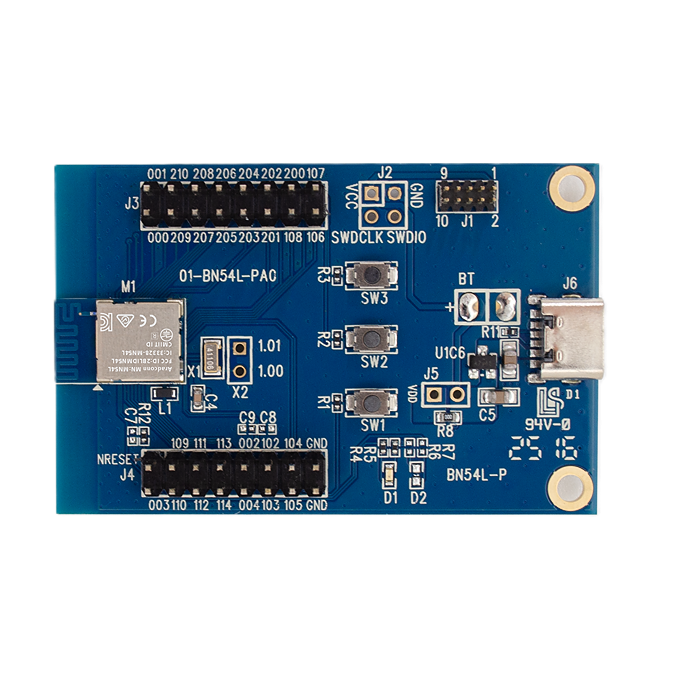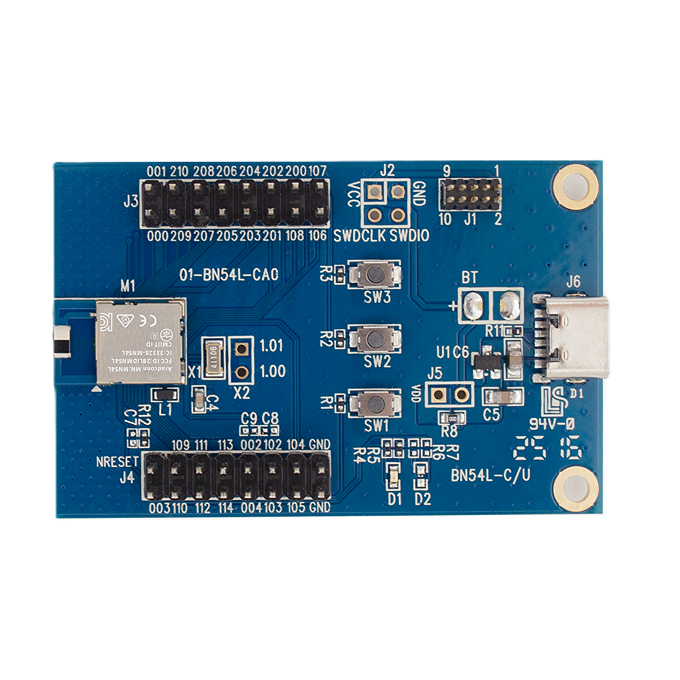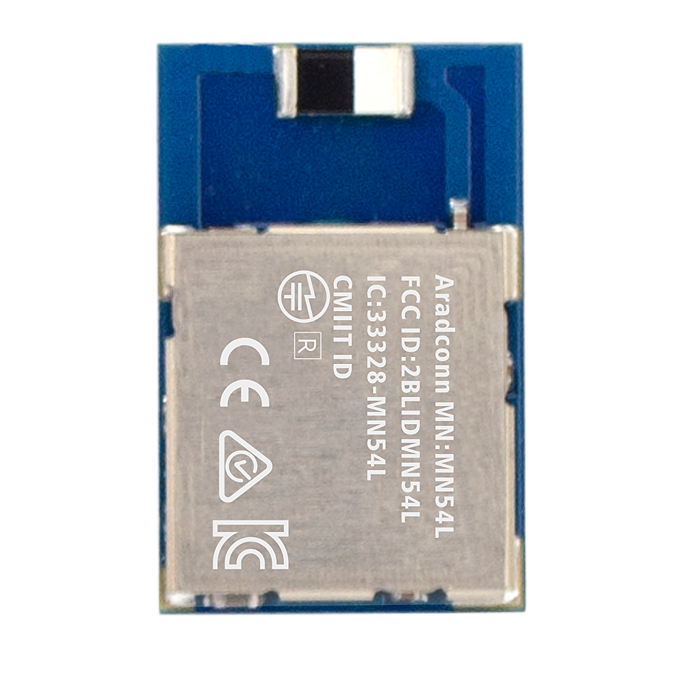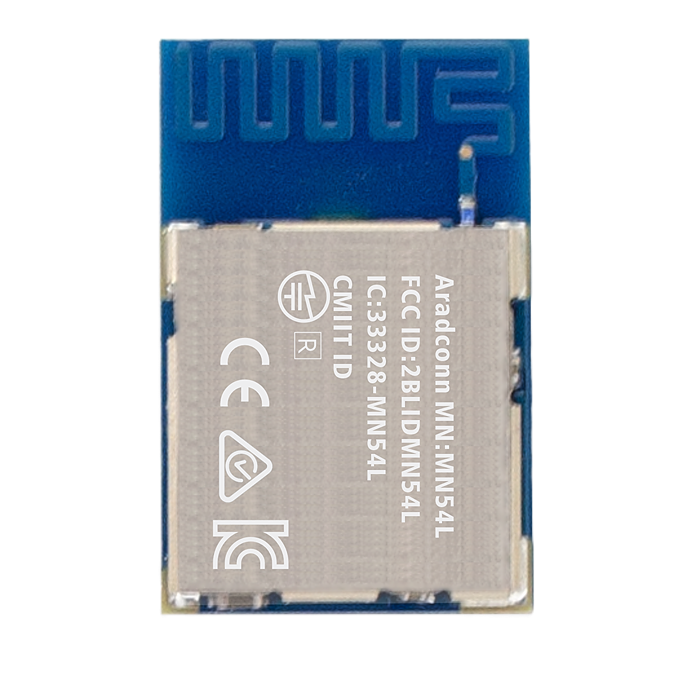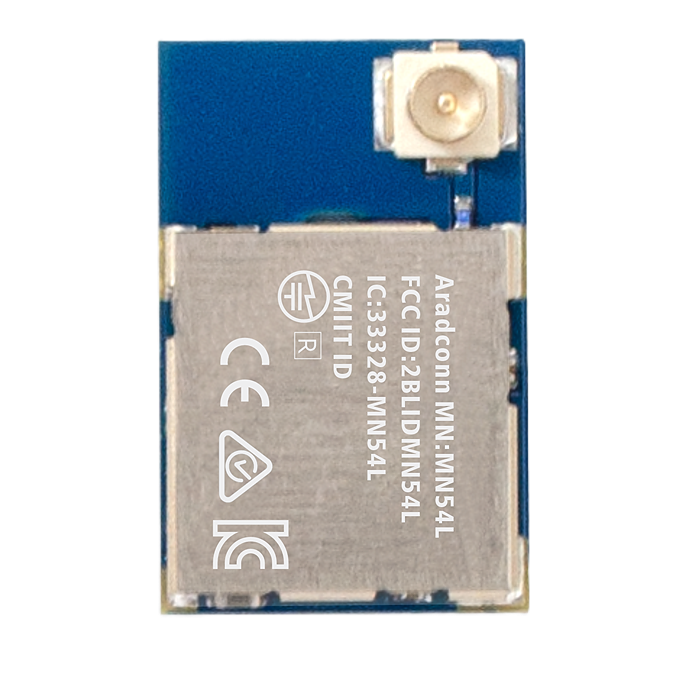The Future of Edge AI and TinyML: Nordic's Acquisition and Its Market Impact
[TAIWAN, 27th Jun. 2025]
As artificial intelligence rapidly advances, its applications are expanding from traditional cloud computing centers to various devices at the network edge. This shift has given rise to two significant trends: Edge AI and Tiny Machine Learning (TinyML). These technologies aim to execute AI computations and data processing directly on devices near the data source, rather than relying on remote cloud servers. This approach offers lower latency, enhanced privacy, improved bandwidth efficiency, and greater reliability.
The Core Advantages and Applications of Edge AI
Edge AI refers to the execution of AI algorithms directly on end devices or edge devices close to the data source. Key advantages of this technology include:
-
- Low Latency: Data is processed locally, eliminating the need for transmission to the cloud, which enables real-time responses crucial for applications like autonomous driving, industrial automation, and smart monitoring.
- Bandwidth Efficiency: It significantly reduces the need to upload large amounts of data to the cloud, lowering network bandwidth consumption and costs.
- Privacy and Security: Processing data locally on the device helps protect user privacy and reduces the risk of data breaches.
- Reliability: Edge devices can continue to operate independently even when network connectivity is unstable or unavailable.
- Energy Efficiency: Through model optimization, hardware efficiency improvements, and dynamic workload management, power consumption is reduced.
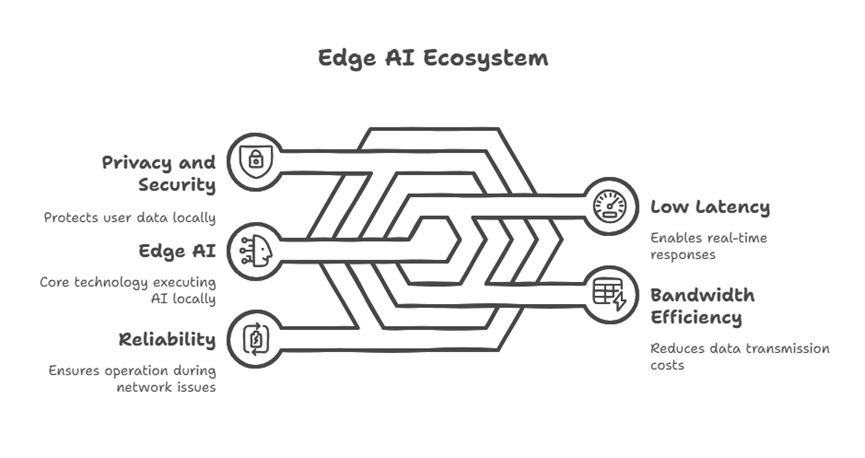
Edge AI's applications are vast, spanning smart homes, smart cities, industrial IoT (IIoT), health monitoring, smart agriculture, and more. For instance, in smart cities, sensor and camera data can be processed locally for traffic management or public safety. In industrial settings, AI algorithms can be deployed directly on production equipment for predictive maintenance and optimized manufacturing.
The Rise of TinyML
TinyML is a critical subset of Edge AI, focusing on bringing machine learning capabilities to extremely resource-constrained embedded devices, such as microcontrollers (MCUs). While traditional ML models typically require significant computing resources and higher energy consumption, TinyML aims to enable AI functionalities on devices with limited storage, processing power, and very low power consumption.
The main advantages of TinyML are:
-
- Ultra-Low Power Consumption: Makes it ideal for battery-powered devices that need to operate for extended periods.
- Fast Inference: Models run locally, eliminating communication time with the cloud for instant decision-making.
- Reduced Communication Costs: Less data transmission leads to savings on network traffic fees.
- Enhanced Data Security and Privacy: Data processing is completed locally on the device, reducing the risk of data exposure.
- Independent Operation: Inference tasks are not affected by network connectivity status, increasing system reliability.
Current TinyML applications include voice wake-up, gesture recognition, image recognition, health monitoring (e.g., heart rate, blood pressure), smart agriculture (e.g., soil moisture monitoring), and industrial predictive maintenance.
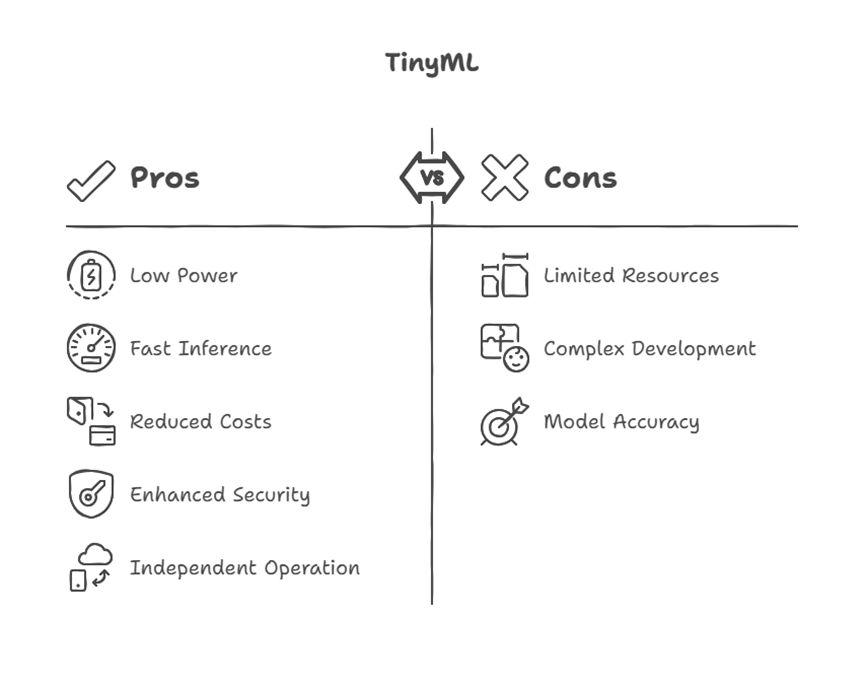
Nordic Semiconductor's Acquisition and Its Impact on the AI Market
Recently, Nordic Semiconductor announced the successful acquisition of Neuton.AI, a company specializing in fully automated TinyML solutions for edge devices. This strategic acquisition is set to significantly accelerate Nordic Semiconductor's leadership in the Edge AI domain.
Nordic Semiconductor is renowned for its ultra-low-power wireless nRF54 Series SoCs, while Neuton.AI possesses patented technology that creates ML models typically under 5KB. These models are up to 10 times smaller and faster than other approaches and require no manual tuning or data science expertise, simplifying deployment across various MCUs.
The future application prospects of this acquisition include:
- Accelerating Scalable, High-Performance AI Adoption: By integrating Nordic's hardware platform with Neuton.AI's lightweight and efficient neural network framework, AI capabilities will become accessible on even more resource-constrained devices.
- Simplifying Embedded AI Development: Neuton.AI's automated ML model creation process will make it easier for developers to integrate AI into Nordic's entire portfolio of wireless connectivity SoCs, not just the nRF54 Series.
- Enabling a New Class of AI Applications: This technological combination will give rise to a new generation of "always-on" AI-powered devices that are faster, smaller, and more power-efficient.
- Capitalizing on a Massive Market Opportunity: With TinyML chipset shipments projected to reach $5.9 billion by 2030, Nordic Semiconductor's move positions it to fully capitalize on this immense market demand by offering a robust AI/ML toolkit for applications such as predictive maintenance, smart health monitoring, and next-gen consumer wearables.
Overall, Nordic Semiconductor's acquisition of Neuton.AI not only solidifies its position in the wireless communication chip sector but also strategically places it at the forefront of the rapid development in Edge AI and TinyML. This heralds the emergence of more innovative and efficient smart edge devices in the near future.
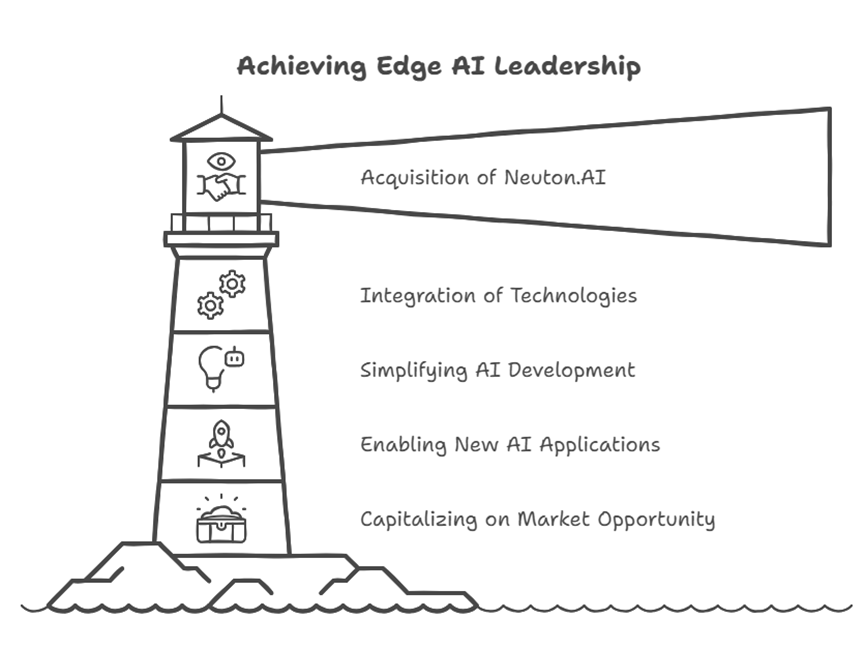
Nordic Semiconductor Official announcement: Link
Edited by Intl. Commercial Development Manager: Mr. Tim Chien


